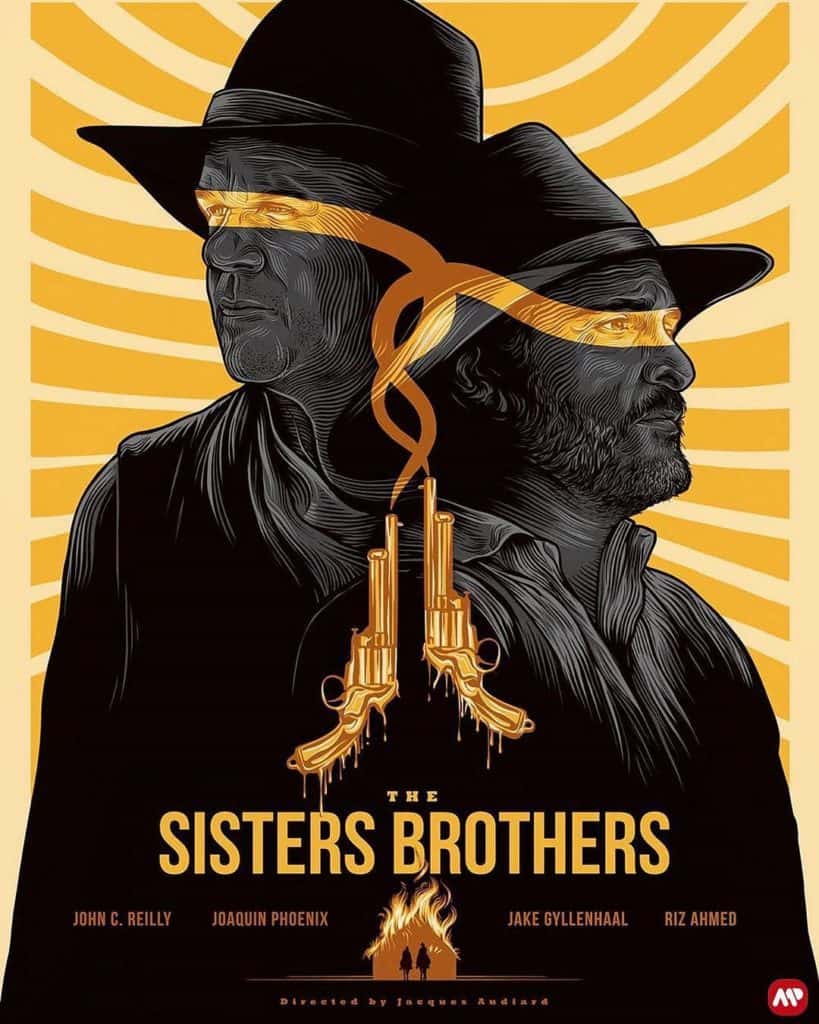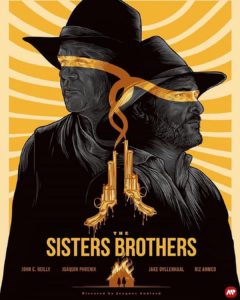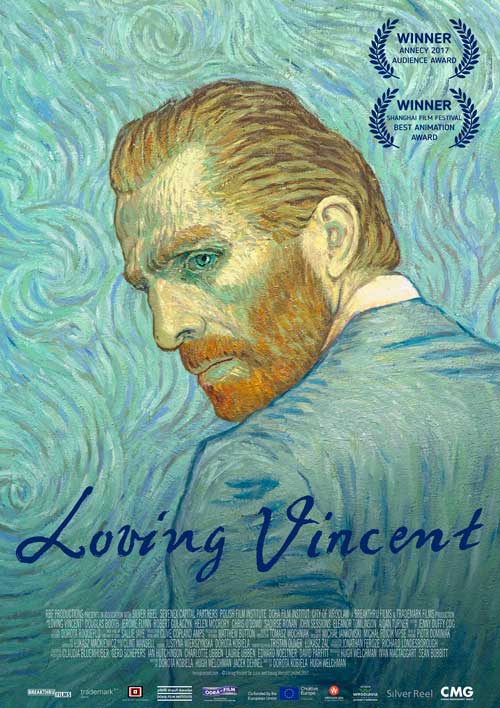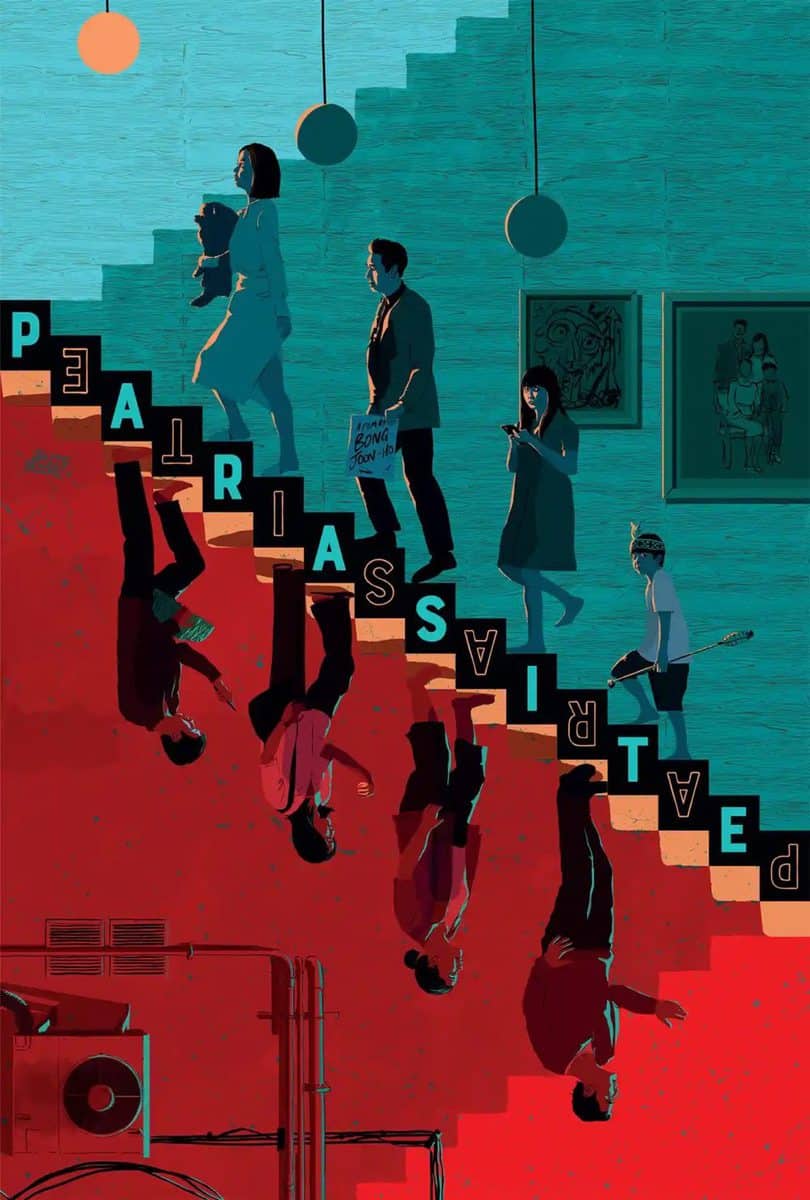
When Alexandre Desplat’s score for The Sisters Brothers released back in 2018, I thought it was excellent. But it took me another two years to watch the film. When I finally heard the score in context it was barely recognizable, butchered by the film’s editing and structure.
The film follows the two Sisters Brothers’ vignette-like adventures, which leads to a broader plot of tracking down an inventor and a private detective. The film also shows the travels of the inventor and detective (sometimes together and sometimes separately). Cutting constantly between characters and plotlines leads to a choppy viewing experience and creates a sharp divide between the score as heard onscreen and the score as a standalone release.
The standalone release is one of Desplat’s better works, merging sharp piano melodies with a more traditional American west soundscape. The strongest cue is his theme for the two Sisters Brothers, which balances a sense of playfulness with a headstrong urgency. Meanwhile the pounding lower notes are reminiscent of a horse’s hooves and the Brothers constant travels. Desplat’s theme for John Morris, the private detective, is slower and more deliberate, building a bleaker, somber atmosphere. The moments between these themes are filled with meandering piano and strings as well as interludes that feel almost like a jazz trio. Even the less distinct tracks are striking, such as “Hunted” with its arpeggio piano and powerful bass lines creating a dreamlike effect. Though the release may not necessarily sound coherent – a result of its many styles, tones, and tempos – it’s a fascinating mix of music that’s rarely (if ever) heard in westerns.
Unfortunately, the music in the film doesn’t work nearly as well. The film’s jarring fragmentation keeps the score from ever coalescing: while we may hear the themes of the Sisters Brothers or John Morris, they never have the chance to take on a life of their own and develop. Instead, they quickly appear then disappear, replaced by something new. It has the effect of hitting skip on an album, prematurely ending the track. The score’s more incidental moments are seemingly lost in the shuffle entirely. It’s a shame because these brief glimpses show the quality of Desplat’s score, but the speed at which the film moves between scenes is simply too much, scuttling the entire experience.



